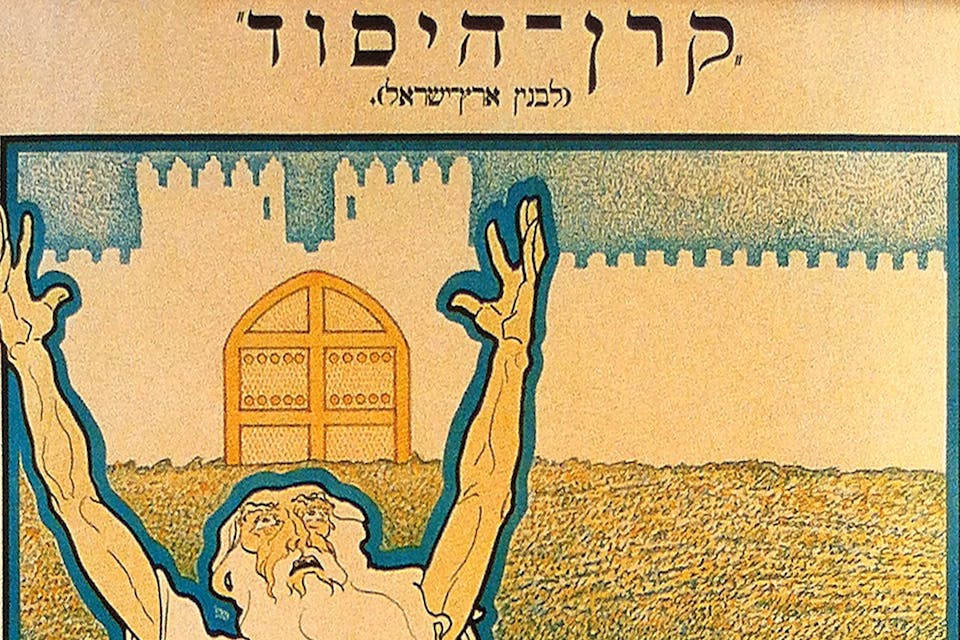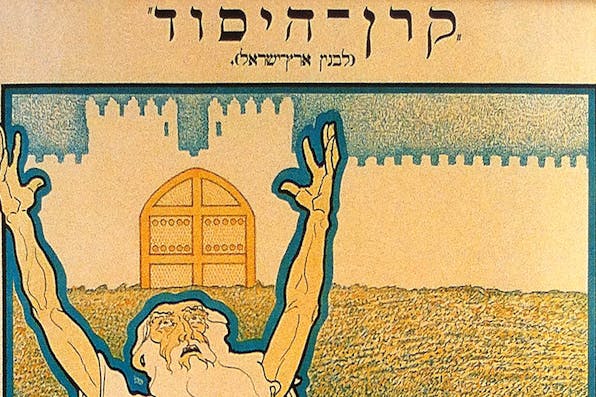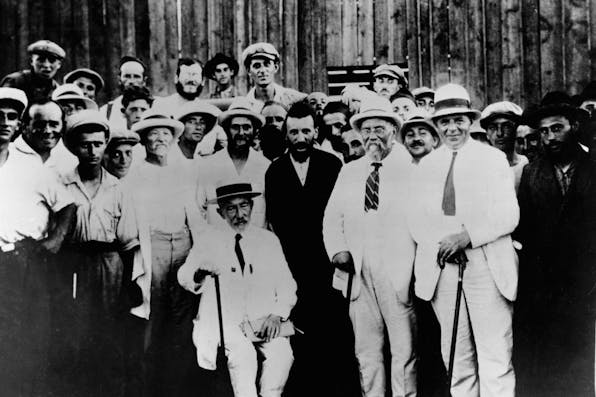
October 19, 2016
Ahad Ha’am and Theodor Herzl: Together at Last?
The Zionist debate between the two men is old but still urgent. Can their disparate visions be reconciled? Do they need to be?
In his superlative essay, Hillel Halkin resurrects what seems to be a purely antiquarian debate between Theodor Herzl and Ahad Ha’am over the nature of Zionism and the Jewish state. The debate grew out of Ahad Ha’am’s blistering 1902 review of Herzl’s Zionist-utopian novel, Altneuland (“Old-New Land”), with its imagined portrait of a secure and prosperous Jewish state in the historical land of Israel. At the core of this debate lay two fundamentally different visions of Zionism, visions that, far from being of merely antiquarian interest, still shape the contours of the Jewish state today.
Herzl’s vision of Zionism was of a piece with the European Enlightenment. It was the idea of a secular democratic state created in the image of the nation states of modern Europe. He envisaged such an independent state as a place where Jews would live in freedom and security but a place largely lacking in any distinctive or recognizable Jewish character. Moreover, Herzl’s vision was of a kind of technological utopia. Bringing to Zionism the spirit of an engineer, he believed the new society would provide the seedbed for the most advanced ideas in science, technology, and economics.
As Halkin notes, Herzl had been mainly an outsider both to Judaism and the Zionist movement. It was only after covering the Dreyfus Affair for the Viennese paper Neue Freie Presse that he was inspired to act. To his eternal credit, he recognized the dangers of European anti-Semitism and believed that the establishment of a Jewish state—in Palestine if possible, but elsewhere if necessary—was of utmost urgency. Herzl’s Zionism was in many respects an idealism of ends combined with a Machiavellianism of means. He was much more comfortable working the corridors of power in various European capitals than speaking the language of his Eastern European brethren.



